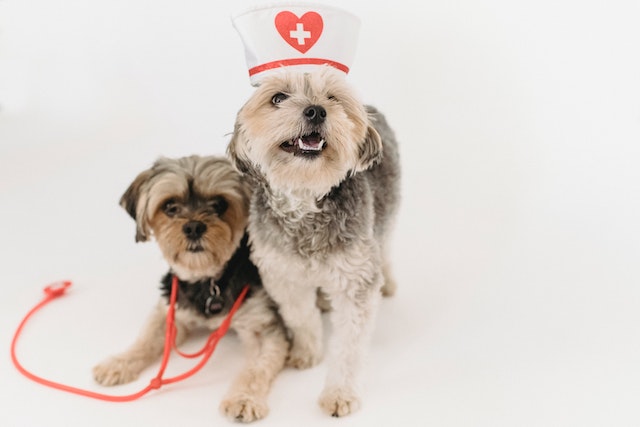Nobody likes to think about their beloved pet getting injured or having an accident. However, if the worst happens, a vet’s attention will be required as soon as possible to repair the damage or deal with any injuries. However, for those living in more rural areas or who live a considerable distance from their vet, knowing the basics of pet first aid is a good idea to give the pet the best chance of surviving their accident.
Car Accidents
One of the most common accidents to happen to cats and dogs is being hit by a car. This type of accident can be very serious and, in the worst cases, can result in instant death for the animal. In other cases, the pet can be saved if they are taken to the vet immediately. Knowing how to stem bleeding by pressing a bandage or absorbent gauze on the wound can make a difference between life and death. Many of us carry a basic first aid kit in the car, and although designed for human use, there is no reason the dressings, bandages, and splints cannot be used for the emergency treatment of an animal too.
Scratches and Cuts
Many large and small animals can cut their legs or faces on thorns, bramble bushes, or barbed wire. If the cut is not severe enough to require veterinary treatment, it can be treated at home using saline to wash the wound out and antiseptic wipes to keep it clean. In larger animals such as horses, equine bandages can be kept at the stables to enable first aid to be carried out until the animal can be taken to the vet. Preventing infection can be tricky after an animal has been injured, especially in animals living out of doors and coming into contact with soil and animal droppings. Changing equine dressings regularly can prevent an infection in the affected leg.
Poisoning
Eating something that doesn’t agree with them is a problem with dogs, but it can also be an issue in cats, horses, and other animals. Prevention is better than cure, so treat a pet as you would a small child and keep the kitchen cleaning chemicals in a locked cupboard or high up rather than at ground level. If the pet has had chemicals spilled on its face or skin, check the instructions on the label to see what is recommended for humans. For example, many chemicals will advise people to rinse their eyes with cool water; if this is the case, you must do the same with your pet. If the pet has swallowed something, take a sample of it along with the packaging to the vet, as this will enable them to work out the best course of treatment quickly.
Heatstroke
Pets are particularly susceptible to overheating and should never be locked in a car or conservatory on a sunny day. Pets who have been in the sun too long should be cooled down by wrapping wet towels around their body. Keep the pet cool and damp, and seek advice from a vet as soon as possible.
